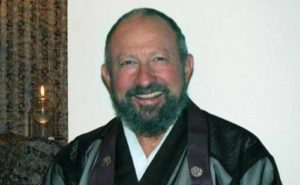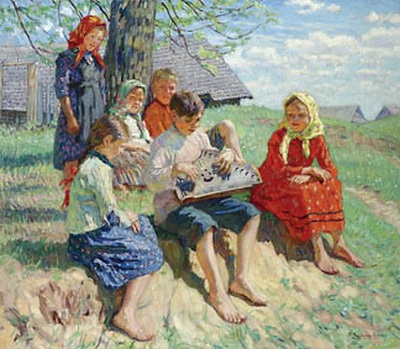Entering the Heart of Zen
In order to reveal the heart of Zen, a practitioner must be willing to face all of her or his barriers and resistances. In this course we will learn how our habit-ridden consciousness prevents us from penetrating deeply into our practice. When we are able to stay present with our disturbing feelings and feel them thoroughly, the wisdom of the body will provide us with the clues on how to proceed. – tricycle.org
Gerry Shishin Wick, Roshi is President and Spiritual Leader of the Great Mountain Zen Center in Lafayette, Colorado. He is a Dharma Successor of Taizan Maezumi Roshi, founder of the Zen Center of Los Angeles. He did rigorous training in both schools of Zen, Soto and Rinzai. He received inka and the title Roshi from Bernie Glassman in 2006. Shishin and his partner, Ilia Shinko Perez, are currently developing a residential training center called the Abbey on a 5-acre ranch in Berthoud, Colorado.


